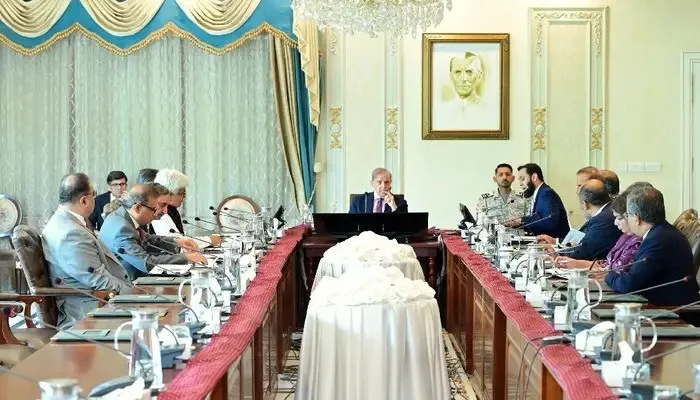The Prime Minister has reaffirmed the government’s commitment to modernizing Pakistan’s tax system, highlighting the recent accomplishments of the Federal Board of Revenue (FBR). He praised ongoing reforms aimed at simplifying processes, enhancing compliance, and increasing public trust.
A Streamlined System for Better Compliance
Central to his message was the need for a user-friendly tax infrastructure. The PM emphasized that modernization efforts particularly online filing platforms, simplified tax bracket regulations, and transparent digital processes are making compliance easier for individuals and businesses alike.
He recognized the FBR’s success in:
- Reducing bureaucratic obstacles
- Automating tax returns and payments
- Launching user-focused portals and helplines
- Providing robust guidance through live support and digital tutorials
These initiatives have made tax compliance more accessible, especially for SMEs and first-time taxpayers.
Revenue Growth Signals Reform Success
The PM credited the FBR’s reforms with a notable increase in revenue collection over recent fiscal periods. He noted that this surge is not purely quantitative broader tax base expansion and enhanced audit measures are generating more stable and predictable revenues, crucial for funding public investments.
He underscored that greater revenue enables better delivery of health, education, and infrastructure services, while reducing the economy’s dependence on foreign borrowing.
Trust, Transparency, and Accountability at the Core
Emphasizing that citizens are partners in nation building, the Prime Minister called for tax policies rooted in trust and accountability. He urged the FBR to:
- Publish detailed annual reports and taxpayer statistics
- Regularly update compliance data and service metrics
- Engage business chambers to resolve structural issues
- Implement audit processes that respect legal due process
Such open governance, he argued, is vital to sustaining public confidence in the tax system.
Future Focus: Automation, Inclusivity, and Equity
Looking ahead, the PM outlined three strategic pillars:
- Full Digital Integration – Extending automation to refunds, notices, and dispute resolution
- Inclusive Tax Design – Ensuring equitable taxpayer treatment with simplified slabs and minimal exemptions
- Capacity Building – Training FBR staff in customer service, IT, and analytical review skills
These measures aim to create a modern, efficient, and fair tax system that supports economic growth.
Building a Resilient Fiscal Framework
The Prime Minister closed by stressing that tax reform is not merely an administrative exercise but a cornerstone of sustainable development. An efficient, fair, and transparent system is essential for economic resilience and national prosperity making it a key pillar of the government’s economic agenda.



Comments (0)
No comments yet. Be the first to comment!
Leave a Comment